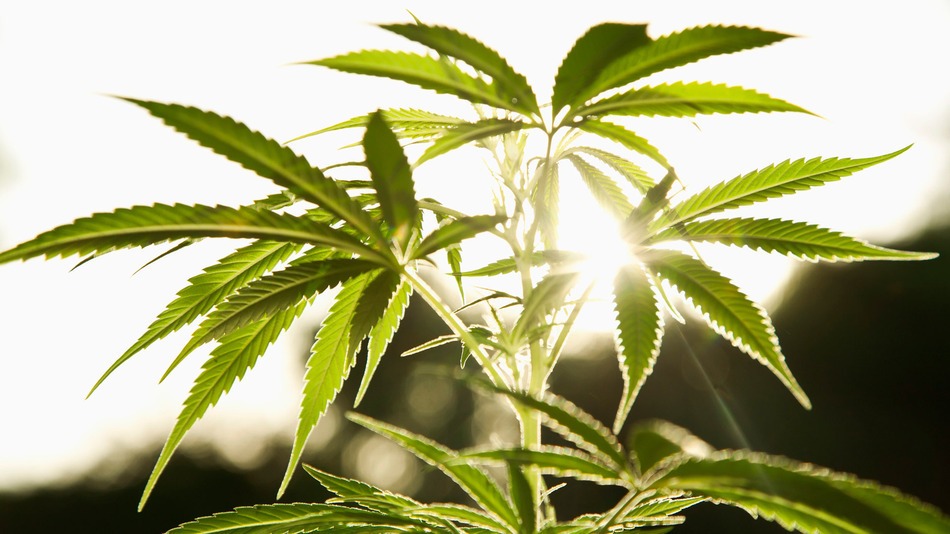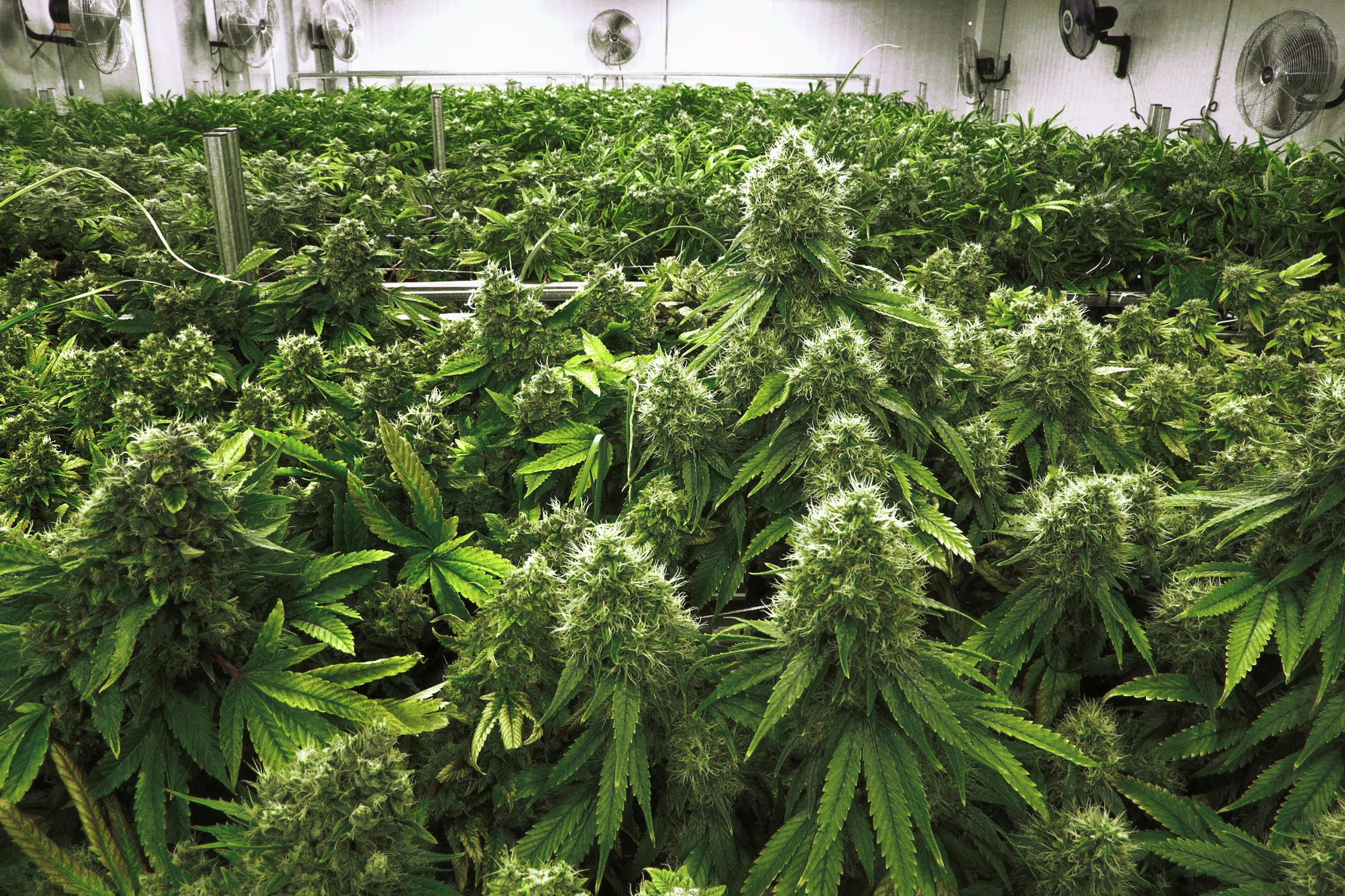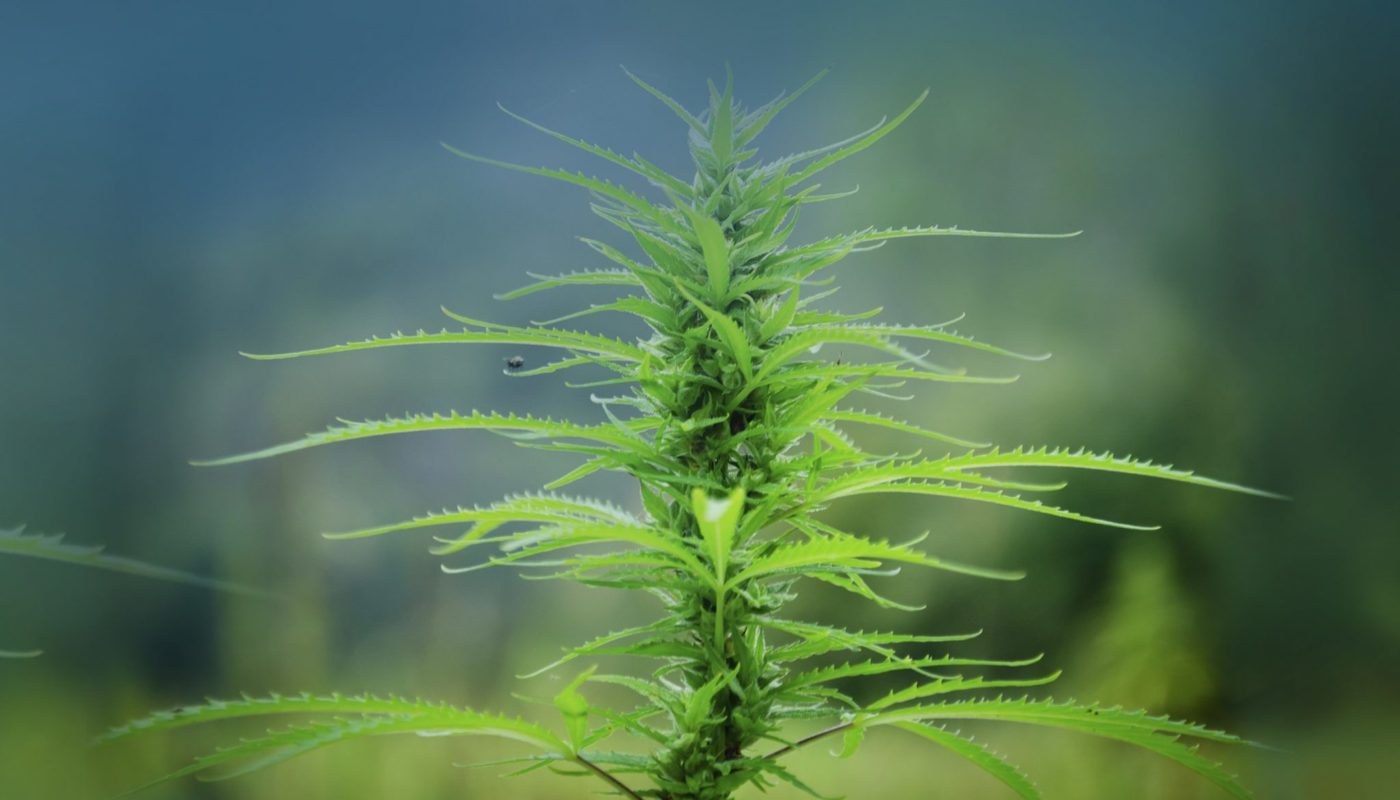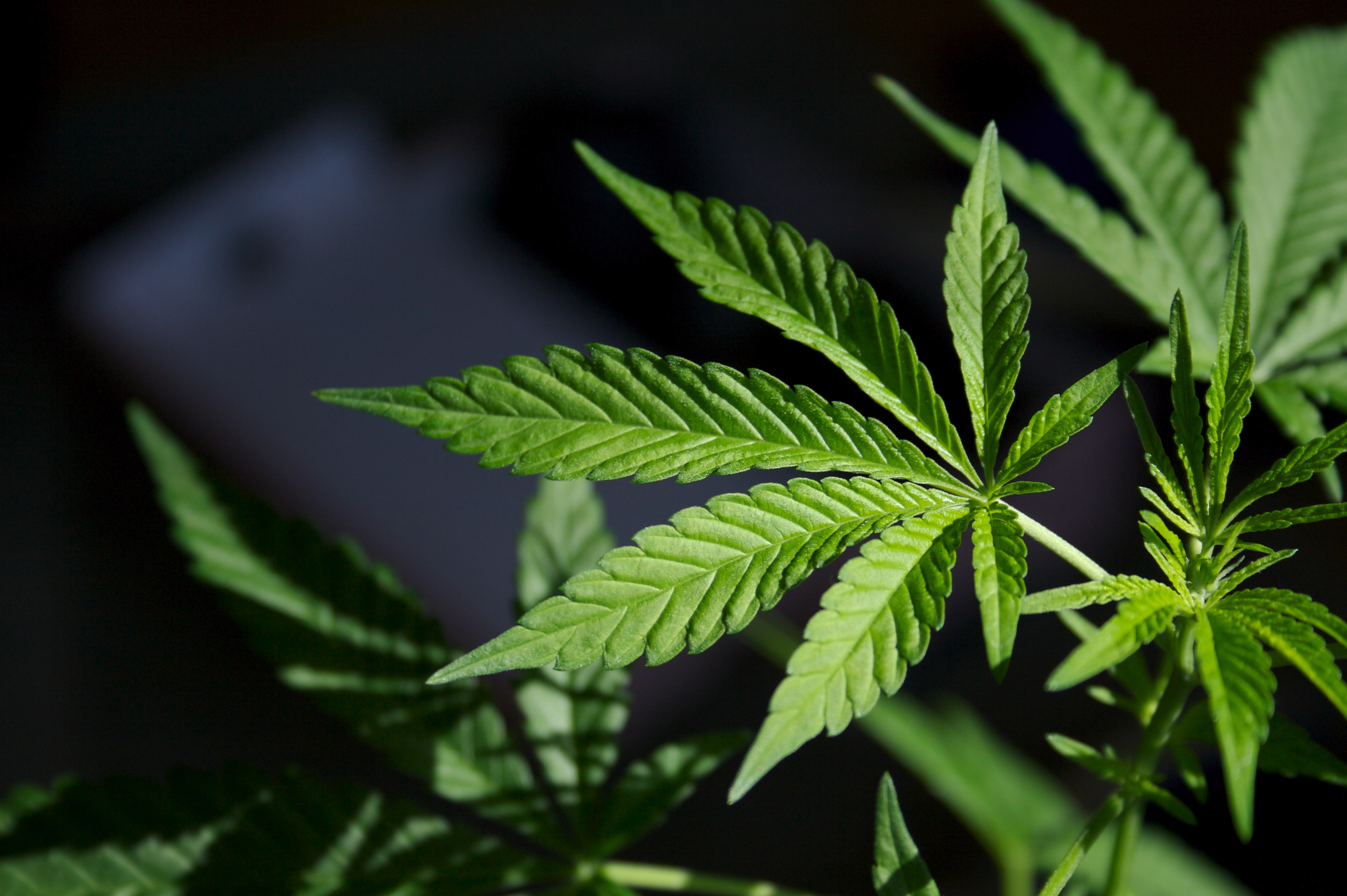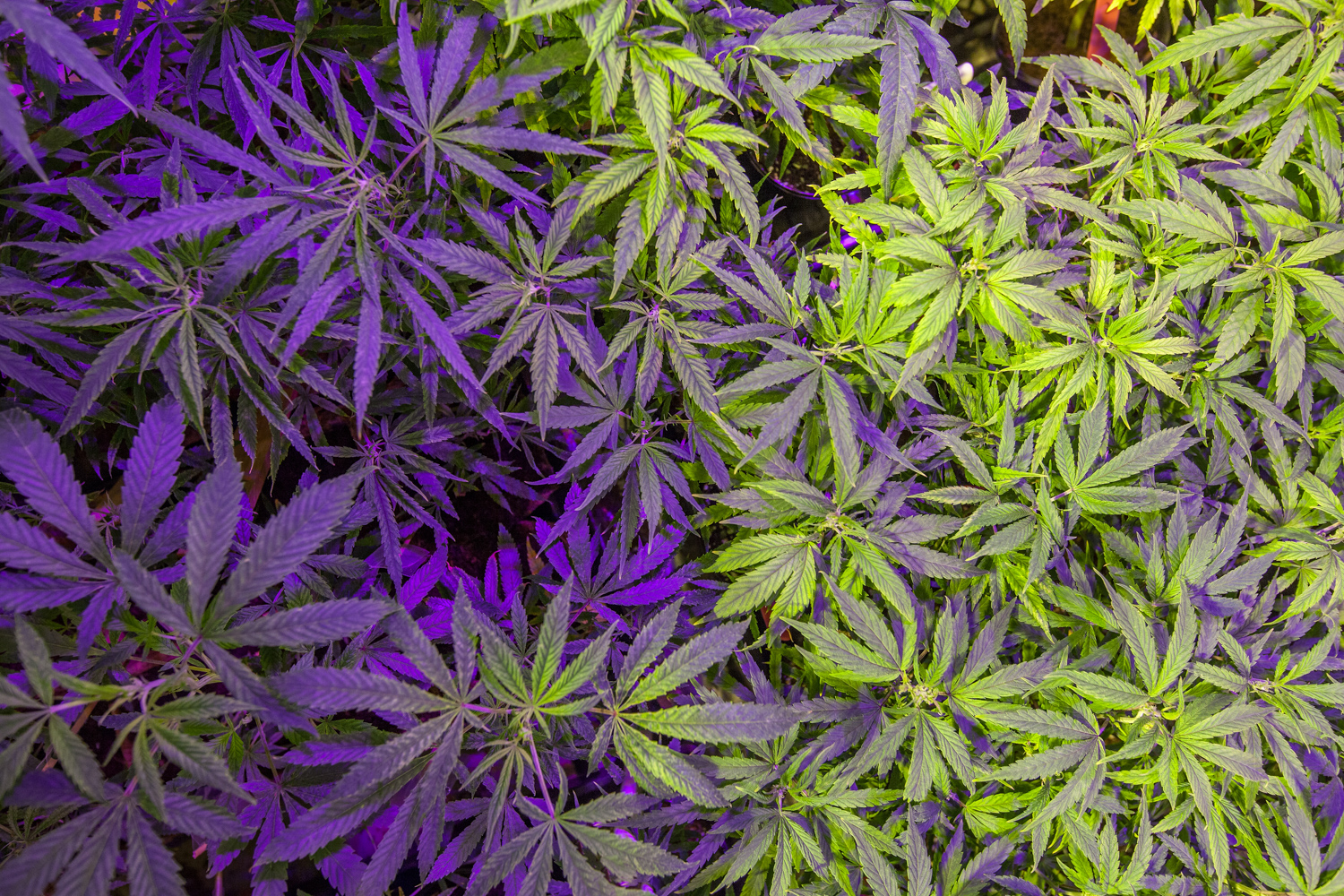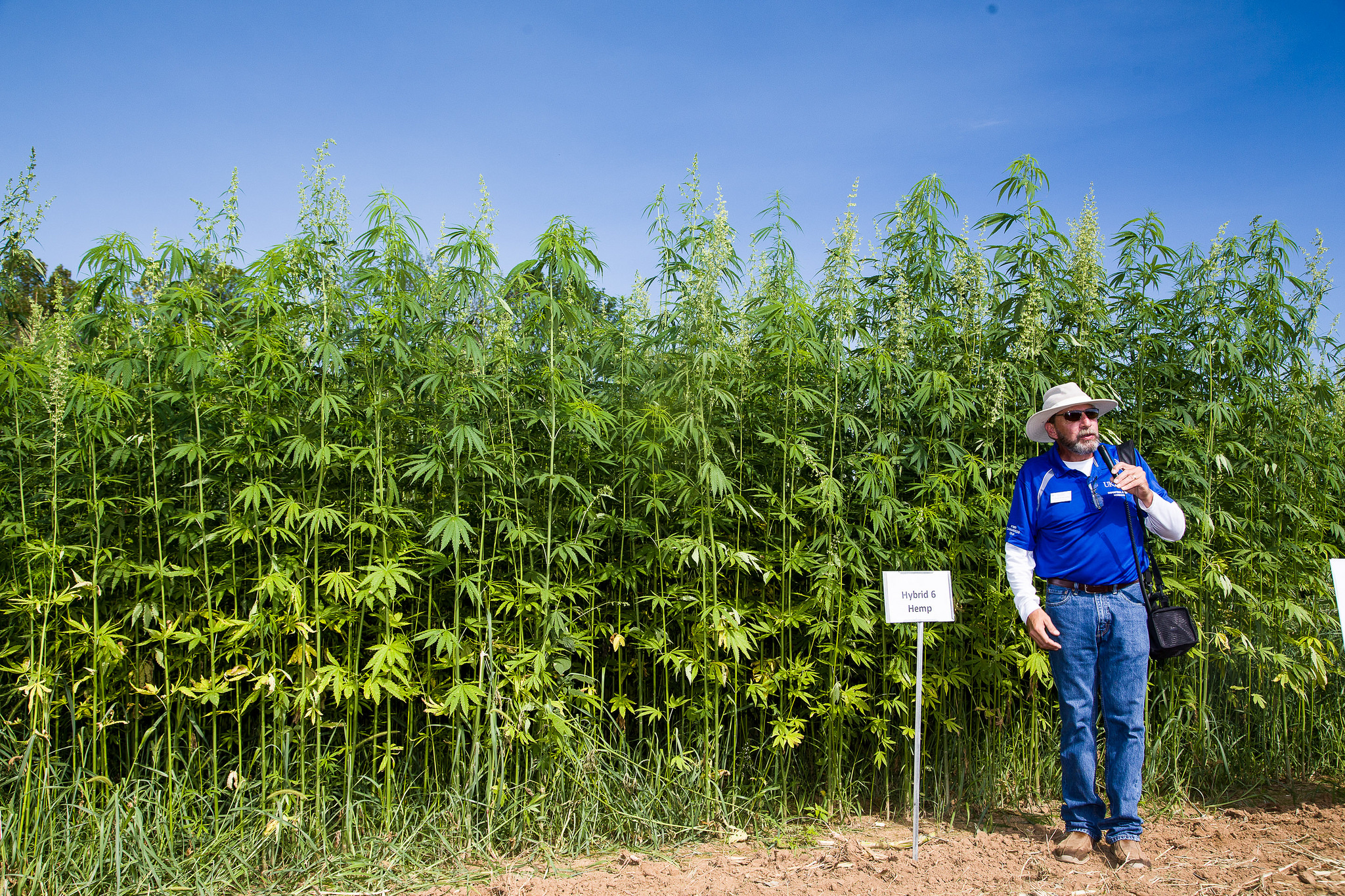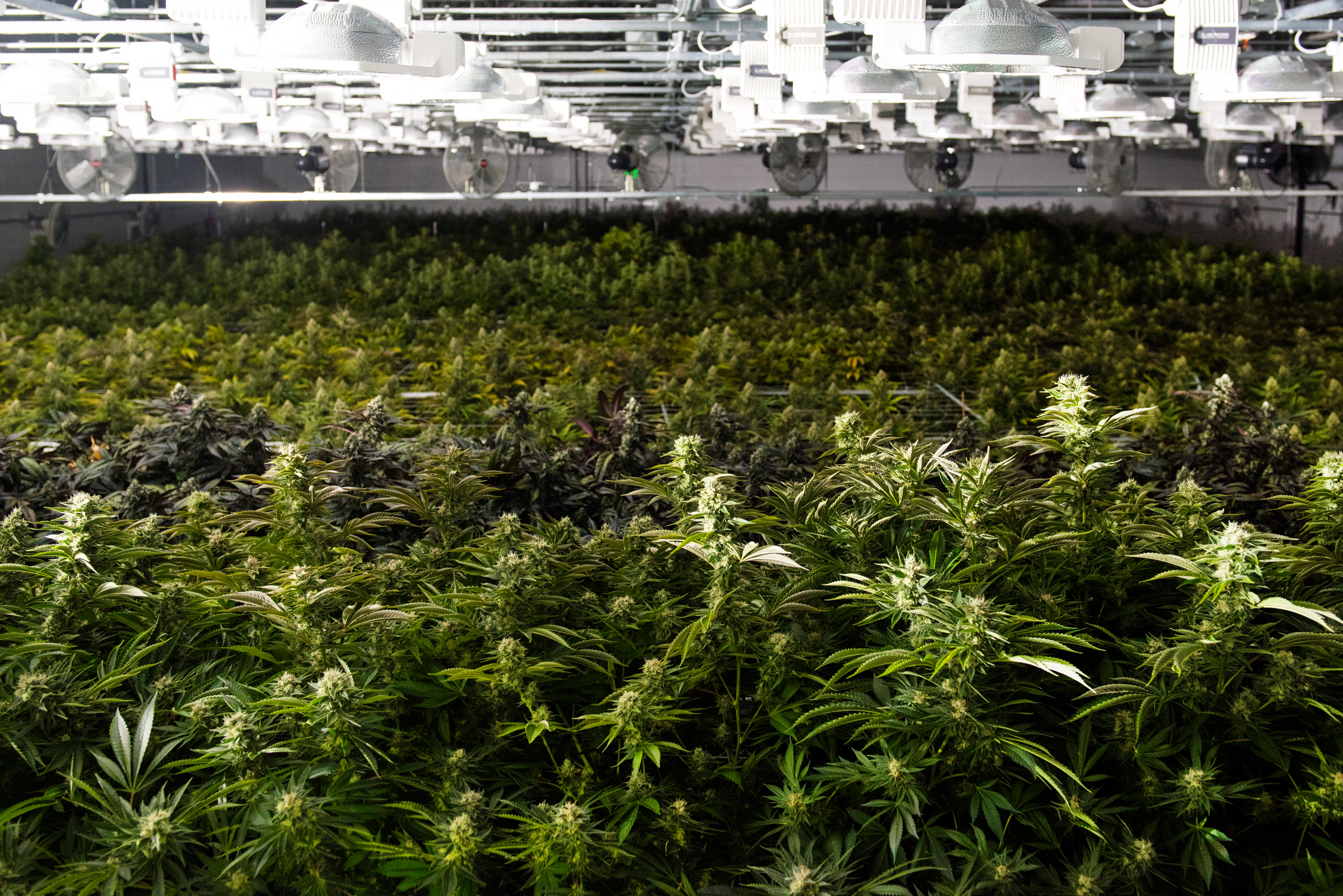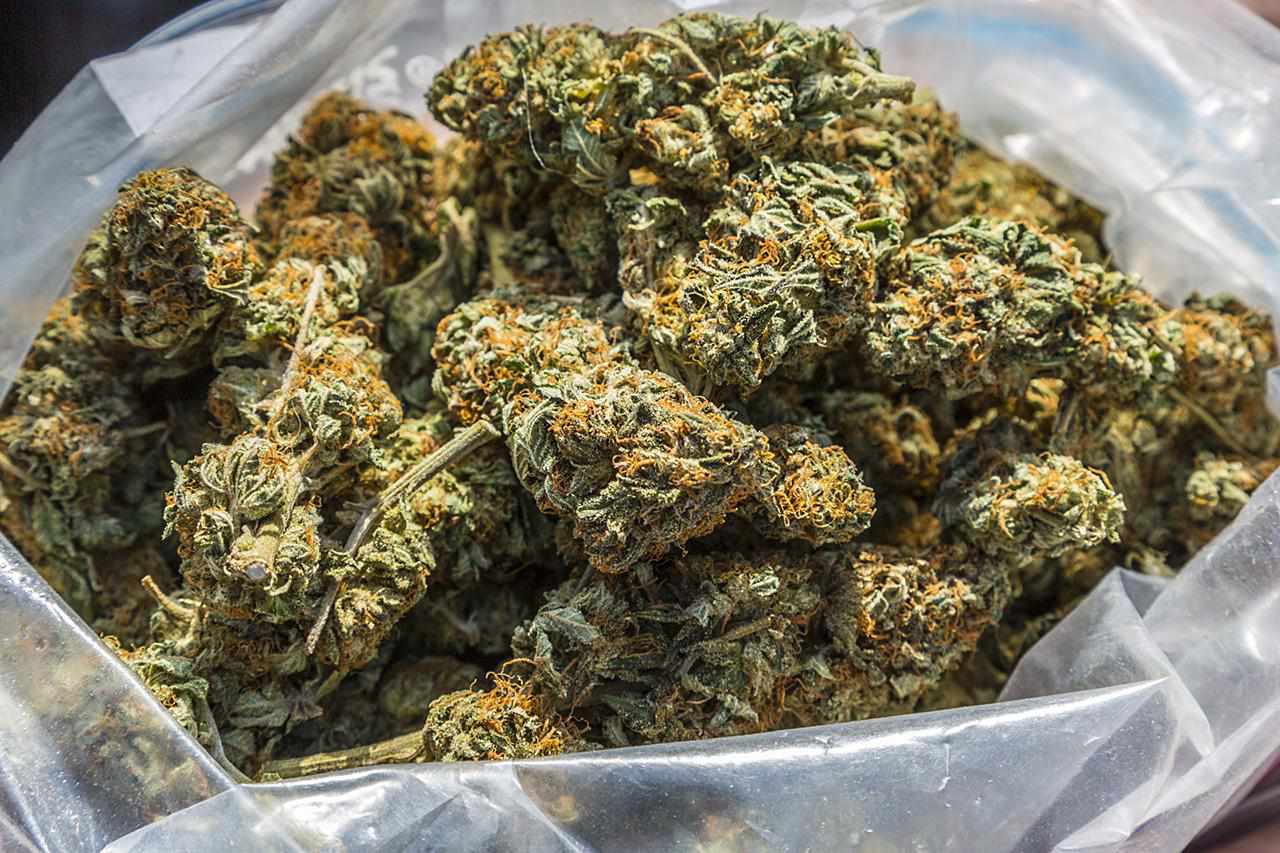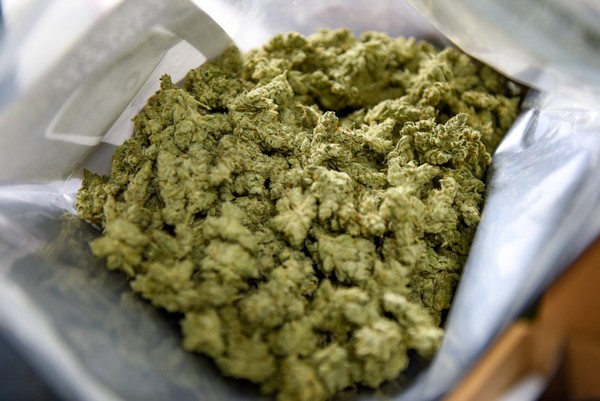In 2015, the Texas Legislature passed the Compassionate Use Program, allowing those with intractable epilepsy to access medical cannabis to treat their seizures.
Because of cannabis’ status as a Schedule I drug under Federal law, it cannot be “prescribed.” It can, however, be recommended and patients can be formally certified by doctors through the state registry. This small change does not expand the program, it simply corrects a small error and provides protection for participating doctors.
An amendment introduced by Rep. Lucio III’s would make this change, thus protecting doctors and bringing Texas state law in line with federal requirements.
Please enter your information below to contact your lawmakers in support of this effort.
NORML
Posts by 'NORML'
Members of the Virginia State Crime Commission are seeking written comments from the public regarding the topic of decriminalizing marijuana possession. Under current Virginia law, the possession of one-half ounce of cannabis or less is classified as a criminal misdemeanor, punishable by up to 30 days in jail and a $500 fine.
The commission is studying the issue at the request of Senate Majority Leader Thomas Norment, who tasked members to “undertake a study examining a future change to the Code of Virginia regarding criminal penalties related to the possession of small amounts of marijuana.” The procedurally required study will be completed October 5 in preparation for the 2018 legislative session.
Members of the public may submit comments until August 25, 2017. The commission’s findings will be presented on October 5.
Specifically, the study may examine:
Consequences experienced by any state that has changed the emphasis of its laws regarding possession of small amounts of marijuana from criminal to civil penalties.
Contemporary research related to marijuana and its effects on users, especially any studies indicating a correlation between its usage and that of opioids or illegal stimulants (methamphetamine and cocaine) as a possible “gateway” drug.
The status and strength of current Virginia law related to driving under the influence of marijuana, and the efficacy of existing available technology related to the detection of such use that is admissible in criminal proceedings.
Requirements by the federal government and its agencies related to the Commonwealth’s laws and enforcement of criminal penalties for marijuana possession, including any potential ramifications to the Commonwealth if its laws were in conflict with current federal statutes and regulations related to marijuana enforcement.
If states that have decriminalized possession of marijuana continue to criminalize it on second or third offenses.
The number of Virginians arrested for violating the state’s marijuana possession laws rose 76 percent between 2003 and 2014. In 2010, 88.3% of all marijuana offenses were for marijuana possession (18,756 out of 21,231). Minor marijuana possession violators, many of them young, first-time offenders, should not be punished with a lifelong criminal conviction.
In line with changes in other states, the majority of Virginians (78%) support reducing the penalty for possession of small amounts of marijuana to a fine instead of a misdemeanor conviction.
Please use the prewritten letter below to contact the Crime Commission and urge them to support decriminalization in Virginia.
Members of the Virginia State Crime Commission are seeking written comments from the public regarding the topic of decriminalizing marijuana possession. Under current Virginia law, the possession of one-half ounce of cannabis or less is classified as a criminal misdemeanor, punishable by up to 30 days in jail and a $500 fine.
The commission is studying the issue at the request of Senate Majority Leader Thomas Norment, who tasked members to “undertake a study examining a future change to the Code of Virginia regarding criminal penalties related to the possession of small amounts of marijuana.” The procedurally required study will be completed October 5 in preparation for the 2018 legislative session.
Members of the public may submit comments until August 25, 2017. The commission’s findings will be presented on October 5.
Specifically, the study may examine:
Consequences experienced by any state that has changed the emphasis of its laws regarding possession of small amounts of marijuana from criminal to civil penalties.
Contemporary research related to marijuana and its effects on users, especially any studies indicating a correlation between its usage and that of opioids or illegal stimulants (methamphetamine and cocaine) as a possible “gateway” drug.
The status and strength of current Virginia law related to driving under the influence of marijuana, and the efficacy of existing available technology related to the detection of such use that is admissible in criminal proceedings.
Requirements by the federal government and its agencies related to the Commonwealth’s laws and enforcement of criminal penalties for marijuana possession, including any potential ramifications to the Commonwealth if its laws were in conflict with current federal statutes and regulations related to marijuana enforcement.
If states that have decriminalized possession of marijuana continue to criminalize it on second or third offenses.
The number of Virginians arrested for violating the state’s marijuana possession laws rose 76 percent between 2003 and 2014. In 2010, 88.3% of all marijuana offenses were for marijuana possession (18,756 out of 21,231). Minor marijuana possession violators, many of them young, first-time offenders, should not be punished with a lifelong criminal conviction.
In line with changes in other states, the majority of Virginians (78%) support reducing the penalty for possession of small amounts of marijuana to a fine instead of a misdemeanor conviction.
Please use the prewritten letter below to contact the Crime Commission and urge them to support decriminalization in Virginia.
Legislation is pending for the 2017-2018 legislative session to regulate the use, growing, and distribution of marijuana for both medical and recreational purposes.
The measure, sponsored by Rep. Melissa Sargent (D-Madison), permits adults to possess and grow personal use quantities of cannabis, and to possess marijuana-related paraphernalia. It also establishes regulations for the commercial production and retail sale of marijuana to anyone over the age of 21. Public use of cannabis is subject to a $100 civil fine.
The bill also establishes a regulated system for the production and distribution of cannabis for medical purposes. It further prohibits employers from discriminating against employees because of their off-the-job use of cannabis, and mandates insurance providers to provide coverage for patients’ use of medical marijuana.
Enter your information below to contact your lawmakers and urge them to support this important legislation.
Update: The 2017 legislative session came to a close with lawmakers taking no further action A 8598.
Update: On July 10, A. 8598 was referred to committee.
Legislation is pending in the Assembly, A. 8598, to expand the pool of patients eligible for medical cannabis therapy.
The measure eliminates the state’s limiting list of qualifying conditions. Rather, it leaves the decision of whether to recommend medical cannabis entirely up to the discretion of each individual physician.
It states, “[M]edical marihuana may be used for a condition, or symptom or complication of the condition or its treatment, for which, in the practitioner’s professional opinion and review of past treatments, the patient is likely to receive therapeutic or palliative benefit from primary or adjunctive treatment.”
Physicians already possess similar discretion when it comes to prescribing pharmaceutical drugs that pose far greater health risks than cannabis. Politicians should not be arbitrarily interfering in this doctor/patient relationship.
Please enter your e-mail below to urge lawmakers to support A. 8598.
Over the first six months of 2017, the American Automobile Association (aka AAA) has been spreading misinformation and propaganda in a lobbying effort to defeat marijuana legalization legislative efforts in Connecticut, Delaware, Maryland, and other states.
As reported by Leafly.com, AAA representatives have recently preyed upon unsubstantiated fears regarding the alleged “increased plague of drugged driving” and the claim that “more babies will be born high” on marijuana in their lobbying efforts against adult use regulatory reforms. The distortions do nothing to advance the public debate surrounding legalization, but they do tarnish the organization’s reputation.
According to federal data, auto accident fatalities have fallen significantly over the past two decades – during the same time that a majority of US states have legalized marijuana for either medical or social use. In 1996 when California became the first state to legalize medical marijuana, the US National Highway Traffic Safety Administration reported that there were an estimated 37,500 fatal car crashes on US roadways. This total fell to under 30,000 by 2014.
Further, a recently published study in the American Journal of Public Health reports that fatal traffic accident rates in legal marijuana states are no different than those in states where cannabis remains illegal. A separate study published last year in the same journal previously reported that the enactment of medical marijuana legalization laws is associated with a reduction in traffic fatalities compared to other states, particularly among younger drivers.
One would hope that AAA would be nonpartisan in this debate; that they would be the group to separate the facts from the myths so that politicians and law enforcement would be more likely to pursue evidence-based policies with regard to regulating marijuana in a manner that strengthens public safety. Instead they’re largely fearmongering and further politicizing the issue — calling for the continued criminalization and arrest of millions of Americans who choose to use marijuana privately and responsibly. By doing so, they are arguing in favor of the failed criminal justice policies of the past and they are alienating the 60 percent of Americans who endorse the outright legalization of recreational cannabis by adults (Gallup, 2016).
There are areas of public policy where AAA is absolutely in agreement with reform advocates, including NORML. For instance, we both agree that driving under the influence of cannabis should be discouraged and legally prohibited, and that the detection of either THC or its metabolites in blood or urine is not indicative of psychomotor impairment and, therefore, should not be used a legal standard of criminal liability.
Our hope is that some day groups like NORML and AAA can work together to advocate for rational policies that work to keep our roadways safe from the threat of impaired drivers. Specifically, we recognize — as does AAA — that there is a need for greater tools and methods to more accurately determine whether or not someone is under the influence of cannabis, such as via the use and promotion of handheld performance technology.
Tell AAA that the days of ‘reefer madness’ are over. It’s time for a rational and evidence-based discussion regarding how best to regulate the use of marijuana by adults and how to keep our roads safe.
Please fill out the pre-written letter below and urge AAA to rethink their stance on marijuana policy.
Update: Identical language was introduced in the House by Representative Earl Blumenauer and cosponsored by 9 Republicans and 9 Democrats. House Rules Committee Chairman Pete Sessions blocked the amendment from consideration.
Update: The Senate Appropriations Committee voted 24-7 to include the amendment as part of the 2018 MilCon-VA bill.
The Veterans Equal Access Amendment, which would expand medical cannabis access to eligible military veterans, is expected to be offered to the 2018 Military Construction, Veterans Affairs and Related Agencies Appropriations (MilCon-VA) bill.
Presently, V.A. doctors are forbidden from providing the paperwork necessary to complete a recommendation, thus forcing military veterans to seek the advice of a private, out-of-network physician.
Last year, majorities in both the US House and Senate voted to include similar language as part of the Fiscal Year 2017 MilCon-VA bill. However, Republicans sitting on the House Appropriations Committee elected to remove the language from the bill during a concurrence vote. We must not allow a similar outcome again this year. Lawmakers must stop playing politics with veterans’ health and pass and enact this amendment.
Veterans are increasingly turning to medical cannabis as an effective alternative to opioids and other conventional medications to treat conditions like chronic pain and post-traumatic stress. A retrospective review of patients’ symptoms published in 2014 in the Journal of Psychoactive Drugs reported a greater than 75 percent reduction on a scale of post-traumatic symptom scores following cannabis therapy. This is why, in recent months, two of the largest veterans’ rights groups — AMVETS and the American Legion — have resolved in favor of patients’ access to cannabis therapy.
Our veterans deserve the option to legally access a botanical product that is objectively safer than the litany of pharmaceutical drugs it could replace.
Enter your information below to urge your Senators to support the Veterans Equal Access Amendment.
Update: On June 23rd Senate Bill 318 was read for the first time and referred to the Committee on Judiciary and Public Safety.
Legislation is pending to reduce minor marijuana possession penalties.
Under current law, possession of any amount is a misdemeanor that carries up to 6 months in jail and a $1,000 fine if convicted by a plea or trial.
Senate Bill 318 amends state law so that marijuana possession offenses (up to 10 grams) are reduced to a civil offense, punishable by a fine of $100.
The policy proposed by this bill is line with those of numerous other states, including Nebraska and Ohio. Such a change will save taxpayers money and allow police and the courts to re-prioritize their resources toward addressing more serious crimes.
Minor marijuana possession offenders, many of them young people, should not be saddled with a criminal record and the lifelong penalties and stigma associated with it.
Please contact your elected officials in support of reducing marijuana possession penalties.
Update: On June 27 Senate Bill 94 was approved by the Governor.
Members of the state assembly and senate have passed legislation, Senate Bill 94, regarding the implementation of the Adult Use Marijuana Act and make amendments to the Medical Cannabis Regulation and Safety Act.
The legislation imposes various regulatory changes surrounding the licensing of medical and retail facilities.
A summary of some of these changes appears here.
Full text of the bill is here.
Update: On June 24 LD 764 became law without the Governor’s signature.
Legislation (LD 764) is before Gov. Paul LePage that will prohibit medical cannabis patients from being denied organ transplants.
The measure “prohibits a transplant evaluator from determining a qualifying patient to be unsuitable to receive an anatomical gift solely because the qualifying patient uses medical marijuana.”
No sound scientific evidence exists showing that medical cannabis patients are at any greater risk for adverse effects during transplant surgery. Patients should not be discriminated against solely because of their medical cannabis status.
Please send the pre-written letter below and urge the Governor to sign this important legislation.


